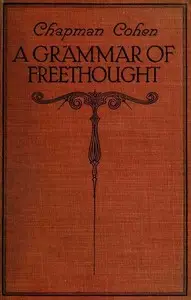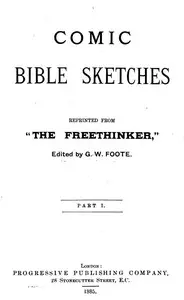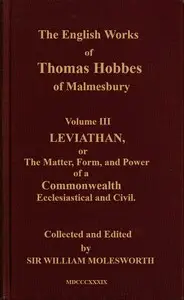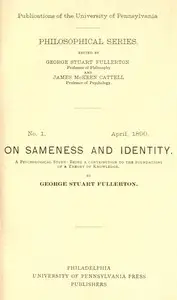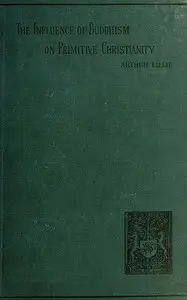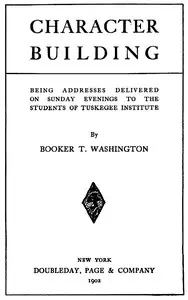"Flowers of Freethought (First Series)" by G. W. Foote is a set of essays that express the author's views on religion and society in the late 1800s. Foote uses a mix of humor and serious thought to question religious beliefs. He goes after ideas like the devil and hell, and accuses religious leaders of being hypocritical aiming to make people think more critically. In the preface, Foote shows his goal to help free people's minds from religious teachings and compares himself to others who fought for freedom of thought. The first essay, "Old Nick," looks at how views of the devil changed over time, from scary to silly, showing how knowledge changes our understanding of the supernatural.

Flowers of Freethought (First Series)
By G. W. (George William) Foote
Explore a collection of essays that use wit and reason to expose society's reliance on religious superstition and seek to challenge these views.
Summary
About the AuthorGeorge William Foote was an English radical journalist, writer, editor, publisher, and prominent secularist. He was a leading advocate of freethought, founding and editing notable publications such as The Freethinker and The Secularist and co-founding the British Secular Union. Additionally, he ran a publishing business known as the Pioneer Press. Foote was convicted of blasphemy in 1883 for his satirical attacks on Christianity published in The Freethinker and sentenced to a year in prison. He authored over eighty works, mainly polemical pamphlets, with his editorial essays from The Freethinker compiled into Flowers of Freethought (1893–94).
George William Foote was an English radical journalist, writer, editor, publisher, and prominent secularist. He was a leading advocate of freethought, founding and editing notable publications such as The Freethinker and The Secularist and co-founding the British Secular Union. Additionally, he ran a publishing business known as the Pioneer Press. Foote was convicted of blasphemy in 1883 for his satirical attacks on Christianity published in The Freethinker and sentenced to a year in prison. He authored over eighty works, mainly polemical pamphlets, with his editorial essays from The Freethinker compiled into Flowers of Freethought (1893–94).



